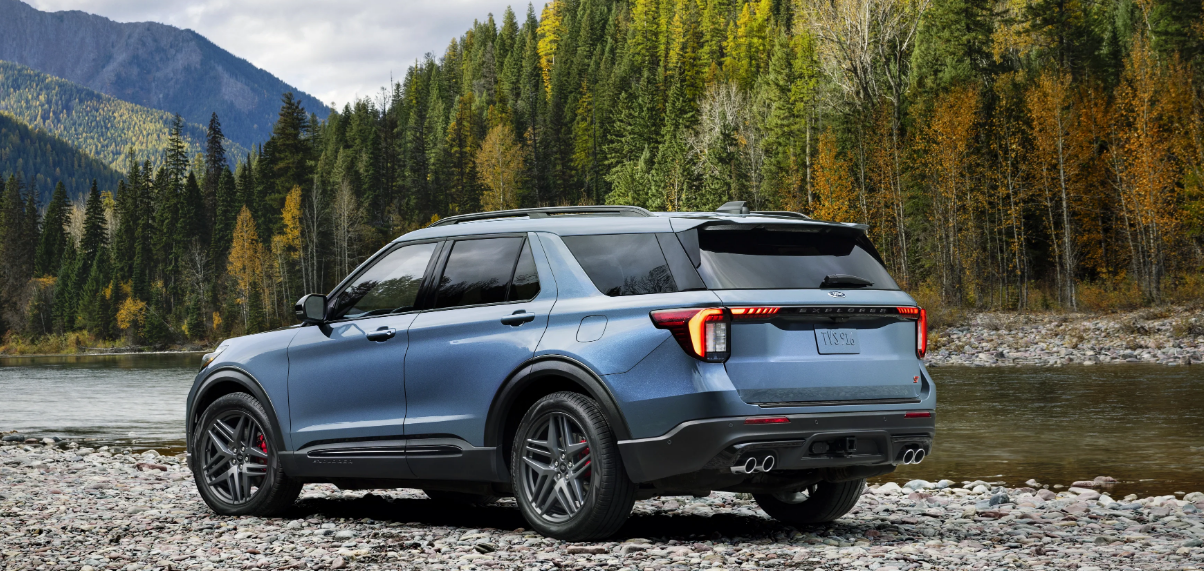According to foreign media reports, Ford's Vice Chairman John Lawler stated that as automakers seek to cope with the cost advantages of Chinese competitors, internal combustion engines (ICE) will no longer be a hallmark of brand differentiation. More and more internal combustion engines will be sourced from suppliers in the future. Traditionally, legacy automakers have relied on self-developed engines as a core selling point, showcasing their technological prowess through labels such as 'turbocharged' and 'direct injection' at the rear of vehicles. However, Lawler pointed out that this era is coming to an end. 'Consumers today are far less concerned with powertrains than they were thirty years ago.' Furthermore, the shift towards hybrid powertrains has eliminated many unique characteristics of internal combustion engines, as electric motors are now used to boost power and reduce carbon emissions. Lawler commented, 'Internal combustion engines once defined a vehicle's core—horsepower, displacement, torque, and all vehicle characteristics; I believe those days are over.' He noted that since automakers are no longer relying on internal combustion engines for brand differentiation, it may allow brands like Ford to save costs by collaborating with other companies to develop the next generation of internal combustion engines. This process has already begun; for instance, Renault and Geely have established Horse Powertrain, a joint venture that supplies internal combustion engines to both companies and Volvo, aiming at third-party clients. Horse Powertrain CEO Matthias Giannini stated, 'This is a win-win business model.' Currently, Ford's models in the European and American markets still utilize its own internal combustion engines. However, this situation may change as the company seeks to respond to competition from China. Lawler remarked, 'Chinese companies will become an undeniable force globally, and we need to compete with them on a global scale.' He mentioned that the cost structure of Chinese automakers is 30% lower than that of 'any other companies in the world.' Lawler emphasized, 'We need to compete with Chinese automakers in terms of development speed, software capabilities, electrical architecture capabilities, and overall electrification capabilities.' He pointed out that due to high tariff barriers, Ford is insulated from Chinese competition in the U.S. market, but this is not the case in traditional strongholds like Mexico or Europe. Ford is accelerating the development of a new electric platform for small electric vehicles to counter competition from Chinese automakers, with the first model expected to launch in 2027 or 2028. Lawler stated that Western automakers can no longer rely on profits from the Chinese market to fund their development. 'In the past 10 to 12 years, Western automakers have gained over $80 billion in profits from China, and that profit source is disappearing.' He predicts that the loss of profits will drive industry consolidation, including in powertrains, stating, 'The era of going it alone is over.'
Ford's John Lawler: Internal Combustion Engines No Longer Define Brand Differentiation

Share this post on: